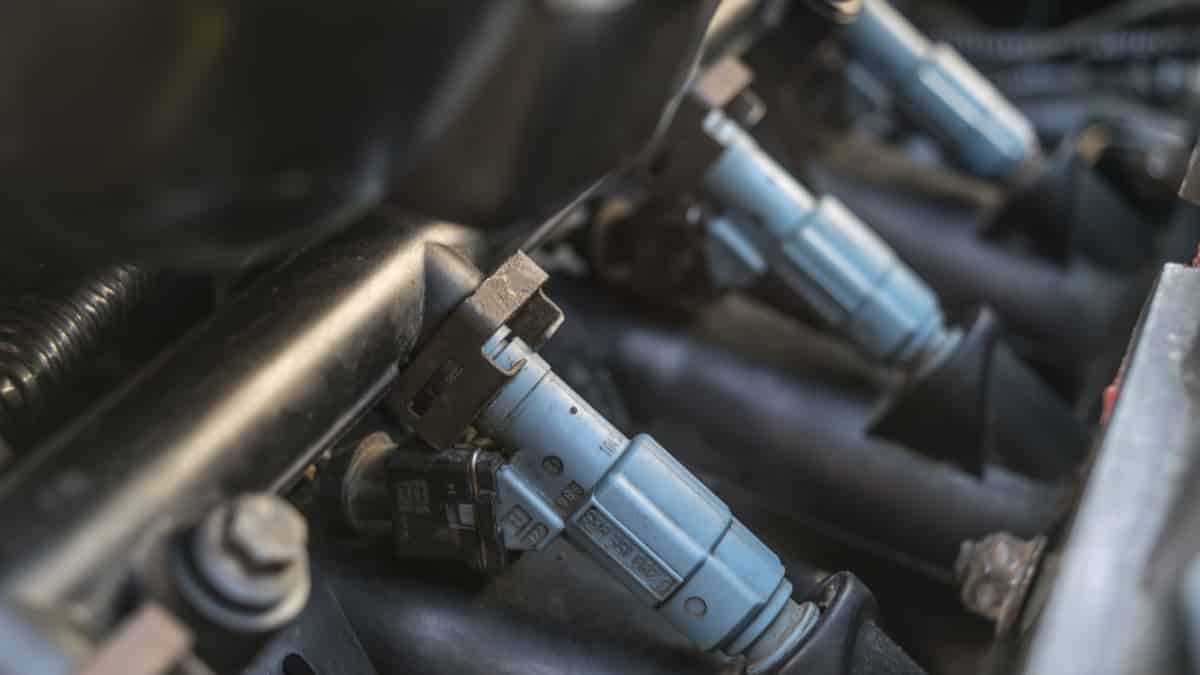Your vehicle’s fuel delivery system provides its engine with the gas or diesel needed for combustion. Without it, your car or truck isn’t going anywhere. As part of that system, fuel injectors quietly do their job without much fanfare. When a faulty injector hobbles or even sidelines your vehicle, you need to know what to look for. This brief guide explains common fuel injector problems plus how to find the right aftermarket fuel injectors for your vehicle
A Quick Guide to Fuel Injectors
Fuel injectors are the final step in the gas or diesel delivery process. They draw fuel from the fuel rail, which in turn receives it via the fuel line supplied by the pump and tank. Each injector sprays gas or diesel into the intake manifold at a precise angle in the form of a fine mist. That fuel mixes with air entering the engine to power combustion.

Top 5 Signs of Fuel Injector Problems
Day after day, your vehicle’s fuel injectors mist gas or diesel into your engine. With continuous use, they can develop problems over time. Watch for a few telltale signs that indicate your fuel injectors are failing:
- Engine misfiring
- Rough idling
- Reduced gas mileage
- Rapid RPM needle movement
- Vehicle refusing to start
Common Causes of Fuel Injector Issues
Fuel injectors issues have many different causes. They can develop residue buildup over time, resulting from lingering fuel and exhaust that cools after the engine powers off. Meanwhile, other substances can settle on the injectors from debris in the gas tank or impurities in the fuel itself. All this buildup dirties the fuel injectors, interfering with their ability to spray fuel into the intake.
Dirt and clogs aren’t the only fuel injector problems you may notice. These parts can also become damaged, developing leaks or failing to spray altogether. At that time, replacing the injectors is the only viable solution.
How To Choose Your Injectors
Once you’ve isolated the fuel injectors as your problem, you must find high-quality replacements. You should install injectors that are the same size and capacity as the originals — too large, and your engine gets flooded with too much fuel or ends up with a rich mixture.
Your new fuel injectors should also match the same style as your old ones. The most common configurations are the EV1, EV6 and EV14. If you’re driving a late-model GM, Ford or Chrysler vehicle, for instance, you probably need an EV6 type such as the Holley EV6 injectors. You may have the specs on your old injectors, or you can find this info in your owner’s manual. Either way, it’s wise to double-check before you buy.
Carburetors and Fuel Problems
Fuel-injection systems are standard on most vehicles manufactured from the mid-1970s and onward. If you’re dealing with fuel problems in an older vehicle, you may need a new carburetor instead. Faulty carburetors exhibit many of the same symptoms as bad fuel injectors. Fortunately, you can still find high-quality carburetors for sale to help you restore your vehicle’s functioning.